What do you buy when you make high-quality US companies the basic building block of your portfolio? The short definition of a high-quality US company is one “that can grow and thrive under almost all envisioned economic scenarios” with the investment expectation that their “capital will compound at a healthy ‘real’ rate” meeting “any reasonable investment objective.”[1]
Leaving aside for the moment the discussion of “active” versus “passive” (see QMP Winter 2022), for the last twenty years this asset class has received disparaging comments from the endowment model community and from Wall Street investment managers as too predictable and unexciting. They say that with the right professional guidance, an investor could do better. As Charlie Weis, the former professional football coach and now commentator, says about NFL teams’ bad decisions: “How’s that working out!”
A case in point: Nickel is an important metal in the world economy and will become more important in a “greener” world. If the high-quality company you invest in uses nickel in its processes, it will employ buyers or use contractors to buy the nickel it needs when it needs it, at a good price, if it can. The company knows the market for its raw materials.
The endowment model community and Wall Street investment managers would say that an investor with the right professional advice could, and should, buy the metal directly. We’ll steer you to a commodities manager or our own research staff and you can do better, they say.
As you may know, nickel trading on the London Metal Exchange (LME) underwent a rather illuminating meltdown recently.[2] A Chinese company invented a process which they felt would allow their low-grade (“cheaper”) nickel to be substituted in manufacturing processes for higher-grade (“expensive”) nickel. In advance of their winning the market, they decided to sell short more high-quality nickel than they had on hand on the LME. Then Russia invaded Ukraine. Since they were naked as the tide went out, they panicked, rightly so. Those of us who are fans of the movie Trading Places might assume we’d know how this works out — except it didn’t. The wrinkle here is that the Chinese government owns the LME and, although the exact decision mechanism isn’t known, the nominally independent LME suspended trading in nickel, even “cancelling” trades that had already occurred, to “give the market time to adjust,” thereby saving the Chinese company from its bad bet, at least for a while.
You can buy the pieces of a high-quality US company (which will be operating independently) through the endowment model or through Wall Street investment managers, or you can buy the stock itself. You can pick which set of managers you trust to do the best job for you: those who modestly say that past performance is no guarantee of future success, or those managing the high-quality company to “grow and thrive under almost all envisioned economic scenarios.”
The managers of the high-quality company hire the people to put all the pieces together, make them work together profitably, and ultimately benefit because the company and its stock price do well. They – not you — run the risk of understanding the nickel market.
The other way (not buying the actual company stock) puts all the pieces of the puzzle in front of you. In this situation, your advisors, perhaps, benefit from academic acclaim or from a percentage of trading volume. Your success is not factored in directly but may be a side benefit.
However, “if you are interested in having your capital invested over decades in dominant successful companies whose financial results will command premium valuations and enviable stock market valuation then contacting Woodstock Corporation will reduce your anxiety about the future and your investment prospects.”[3]
We know that you are the most valuable business development tool that we have. Your referral of a friend, colleague or family member to us is the most important way that we grow. We thank you for your support and want you to know that we are dedicated to serving your best interest.
William H. Darling, Chairman & CEO
